Lúcio (Part 2)
Lúcio (Part 2)

As a result of his struggles, Lúcio found himself on the sidelines, with Juventus preferring the defensive trio of Giorgio Chiellini, Leonardo Bonucci, and Andrea Barzagli. Despite his talent and experience, Lúcio managed only four appearances in all competitions during his six months with the club: one in Serie A, two in the Champions League, and one in the Supercoppa Italiana.Frustrated by his lack of playing time, Lúcio and Juventus mutually agreed to terminate his contract on 17 December 2012, allowing him to seek opportunities elsewhere.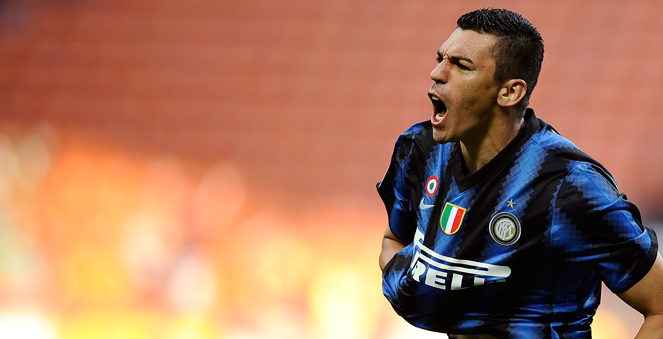
After departing Juventus on 17 December 2012, Lúcio wasted no time in finding a new club, signing a two-year contract with Brazilian side São Paulo just one day later. Returning to Brazil after 12 years in Europe, Lúcio expressed the need to reacquaint himself with his homeland.
His stint at São Paulo started positively, as he netted his first goal for the club against Botafogo on 7 April 2013. However, his time at the club took a turn for the worse following a coaching change. When Paulo Autuori took over from Ney Franco, Lúcio found himself out of favor.
The situation reached a boiling point after São Paulo's 1–0 loss to Internacional, during which Autuori criticized Lúcio for his perceived role in the opposing team's goal. Lúcio disputed Autuori's assessment, leading to an altercation and ultimately resulting in his removal from the team. Despite offers from clubs in the Middle East and Japan, Lúcio opted to remain in Brazil. However, he was effectively frozen out by São Paulo, training separately from the main squad. The club's attempts to transfer him to a European club before the transfer window closed were unsuccessful.
Frustrated by his treatment, Lúcio broke his silence in December 2013, expressing feelings of humiliation and questioning the circumstances surrounding his situation at São Paulo. Despite the challenges he faced, Lúcio remained determined to overcome his ordeal and revive his career./origin-imgresizer.eurosport.com/2012/07/04/859709-20280237-2560-1440.jpg)
On 1 January 2014, Lúcio made a significant move by breaking his contract with São Paulo, which was initially set to last until December 2014. Instead, he opted to join their rivals Palmeiras. With the departure of former team captain and center-back Henrique, who was an idol for the club, Lúcio assumed a major leadership role within Palmeiras' defensive unit.
In his new role, Lúcio partnered with goalkeeper and current team captain Fernando Prass to bolster Palmeiras' defense. Despite the prestige of his new position, Lúcio made a significant financial sacrifice. He agreed to receive only a third of the salary he earned at São Paulo, with additional compensation tied to performance-based bonuses.
This move demonstrated Lúcio's commitment to his new club and his willingness to prioritize team success over personal gain. By accepting reduced wages and incentivizing performance, Lúcio showcased his dedication to making a positive impact both on and off the field for Palmeiras.
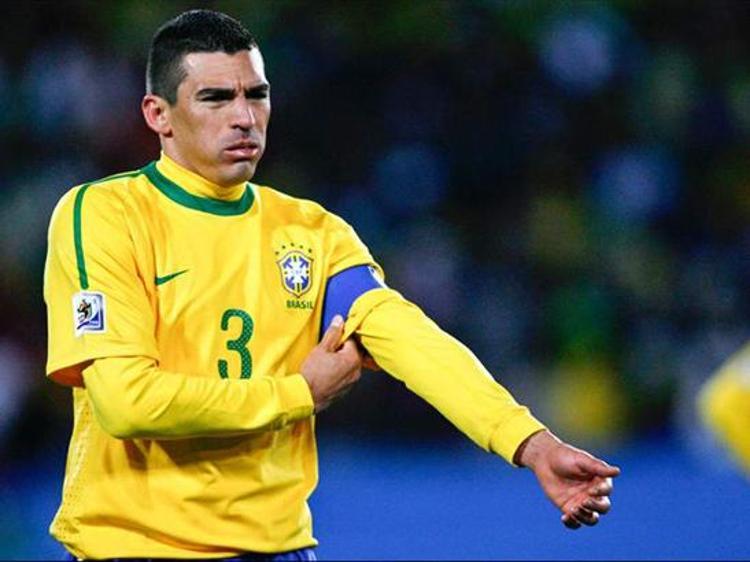
İt was officially announced that Lúcio had joined FC Goa of the Indian Super League as their marquee player. Throughout his first season with the club, Lúcio showcased his talent and experience, making a total of 14 appearances. Despite his contributions, FC Goa narrowly missed out on the league title, finishing as runners-up.
However, the following season proved to be much less successful for both Lúcio and FC Goa. Lúcio's playing time was significantly reduced, making just five appearances for the club. Additionally, FC Goa struggled on the field, finishing at the bottom of the league table.
This contrast in performance highlights the unpredictable nature of football and the challenges that teams and players can face from season to season. Despite the disappointment of the second season, Lúcio's tenure with FC Goa undoubtedly left an impact on the club and its fans.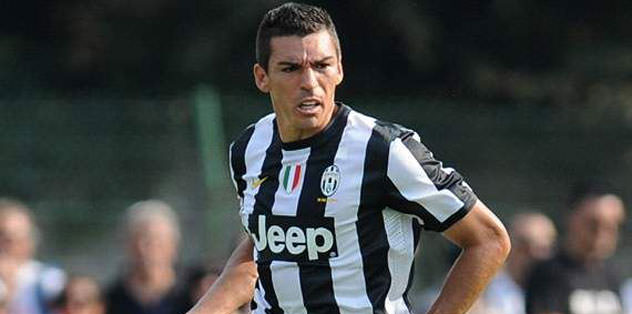
In the 2010 FIFA World Cup, Lúcio participated in his third World Cup tournament. He featured prominently in Brazil's campaign, starting in their first match against North Korea on 15 June 2010. Despite a valiant effort from North Korea, Brazil secured a narrow 2–1 victory in that match. Throughout the tournament, Lúcio formed a defensive partnership with Juan, marshalling Brazil's backline. In Group G, Brazil secured victories against the Ivory Coast and managed a 0–0 draw against Portugal, earning them a spot in the knockout stage.
In the Round of 16, Brazil faced Chile and emerged victorious with a convincing 3–0 win, advancing to the quarter-finals. However, their journey was halted in the quarter-finals when they faced the Netherlands. Despite taking the lead, Brazil suffered a 2–1 defeat to the Netherlands, with Wesley Sneijder scoring twice for the Dutch side, ending Brazil's World Cup campaign in disappointment.
Following the departure of head coach Dunga, the Brazil Football Confederation appointed Mano Menezes as the new head coach. Under Menezes, Lúcio retained his starting position as a center-back in the Brazilian national team. However, there were changes in the defensive lineup, with Lúcio's longtime partner Juan being dropped from the squad. Instead, Thiago Silva became Lúcio's new defensive partner.
On 4 June 2011, Lúcio reached a significant milestone in his international career by playing his 100th game for Brazil. This impressive feat included 98 official caps and two unofficial caps in friendly matches against Spanish club Sevilla in 2005 and Swiss club Luzern in 2006. Lúcio's longevity and consistency in representing his country underscored his importance and contribution to the Brazilian national team over the years.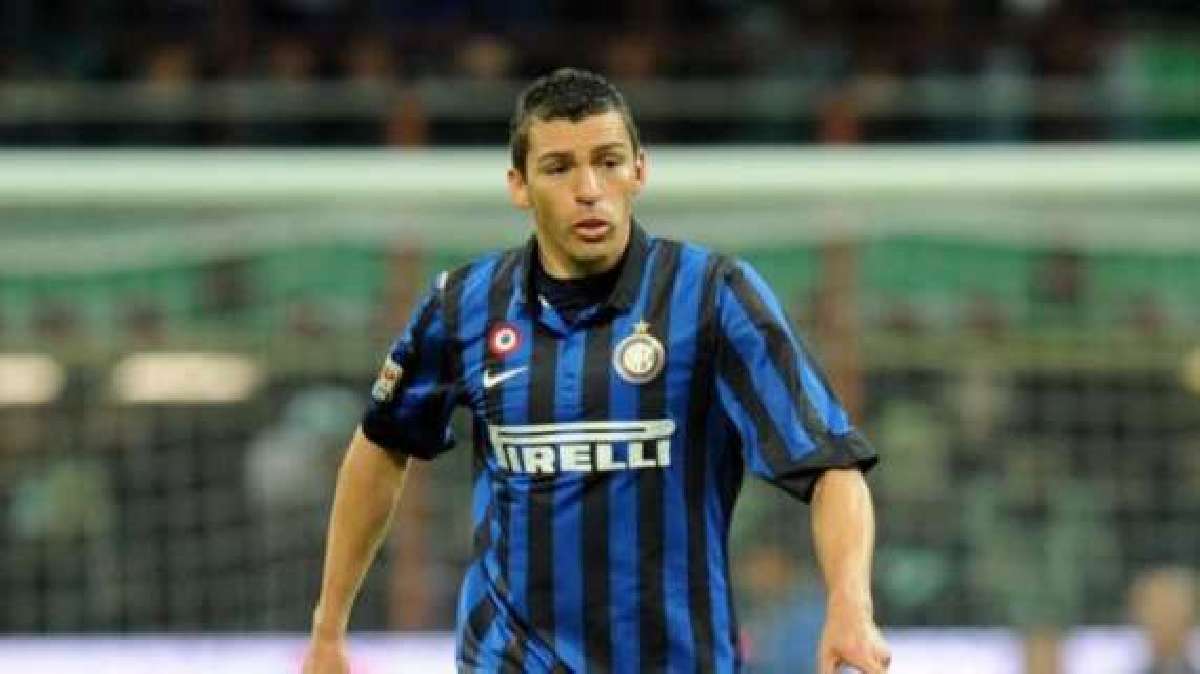
Lúcio was widely recognized as one of the premier defenders of his generation, possessing a formidable combination of physical attributes and technical skills. Standing tall and commanding in stature, he was known for his imposing presence on the field. His tenacity, strength, and aerial prowess made him a formidable opponent for strikers. Lúcio's defensive prowess was further highlighted by his aggressive marking, tough tackling, and astute positional awareness, which allowed him to effectively neutralize opposition attacks and win back possession for his team.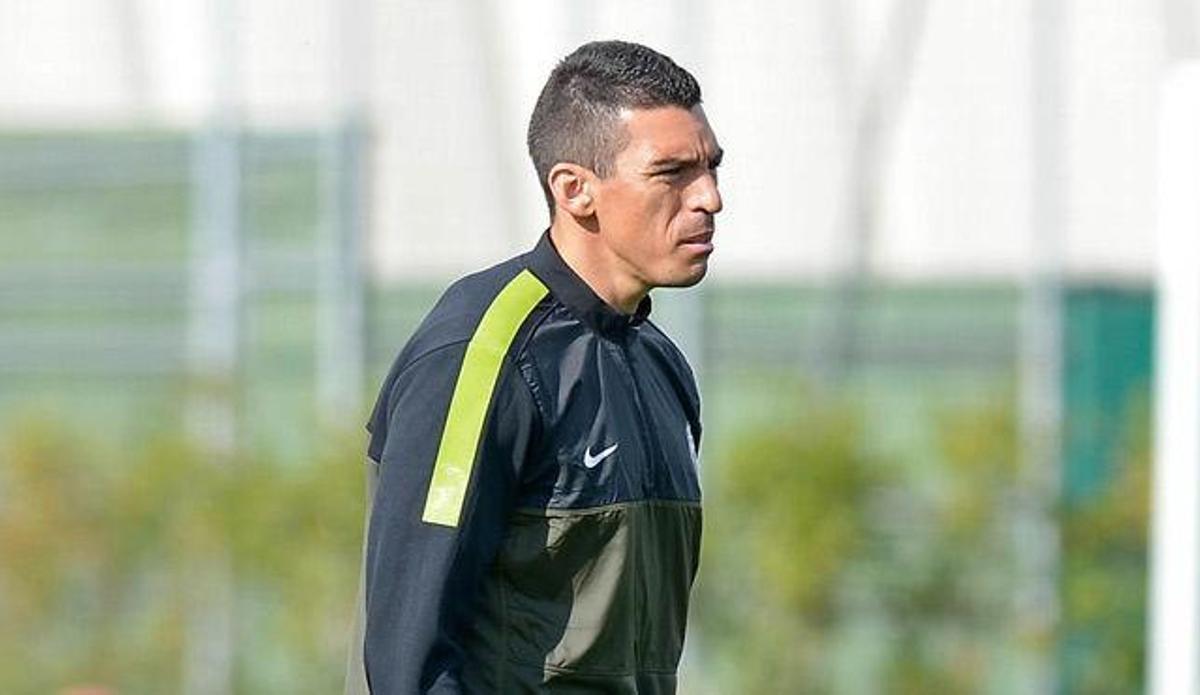
In addition to his defensive abilities, Lúcio possessed impressive technical skills and distribution. Despite primarily playing as a center-back, he was versatile enough to excel in a defensive midfield role as well. His comfort on the ball and ability to initiate attacks from the backline showcased his confidence and composure in possession. Moreover, Lúcio's dynamic playing style often saw him embark on powerful runs up the field, earning him the nickname "The Horse." His pace, stamina, and dribbling ability allowed him to surge forward and contribute to his team's attacking play.
Furthermore, Lúcio was a threat in front of goal, capable of delivering powerful strikes from long range and set-piece situations with his dominant right foot. His offensive contributions added an extra dimension to his game, making him a well-rounded and impactful player on both ends of the pitch. Overall, Lúcio's combination of defensive solidity, technical proficiency, and attacking prowess solidified his reputation as one of the finest defenders of his era.
References
- Marco Gaetani (11 August 2012). "Supercoppa alla Juve Ma il Napoli è furioso". La Repubblica (in Italian). Archived from the original on 29 January 2016. Retrieved 5 February 2016.
- a b TIMOTHY ORMEZZANO (17 December 2012). "Juve, Chiellini: "Quanto ci è mancato Conte". Lucio rescinde il contratto". La Repubblica (in Italian). Archived from the original on 31 May 2016. Retrieved 5 February 2016.
- ^ "Lucio, contract terminated". juventus.com. 17 December 2012. Archived from the original on 22 July 2014. Retrieved 17 December 2012.
- ^ "Lúcio acerta por dois anos e é oficializado como reforço são-paulino". gazetaesportiva.net (in Portuguese). 18 December 2012. Retrieved 18 December 2012.
- ^ "Acostumado à Europa, Lúcio tenta deixar timidez de lado no Brazil". gazetaesportiva.net (in Portuguese). 17 January 2013. Archived from the original on 20 January 2013. Retrieved 17 January 2013.
- ^ "São Paulo descarta Lúcio após zagueiro não aceitar críticas de Autuori" (in Portuguese). saopaulofc.com.br. 29 July 2013. Archived from the original on 29 July 2013. Retrieved 29 July 2013.
- ^ Ferrari, Carlos Augusto (16 August 2013). "Ausência de Lúcio faz São Paulo perder parte da cota da Copa Audi" (in Portuguese). globoesporte.globo.com. Archived from the original on 19 August 2013. Retrieved 4 September 2013.
- ^ Mattos, Rodrigo (12 August 2013). "Sem zagueiros, São Paulo vê impasse com o descartado Lúcio" (in Portuguese). rodrigomattos.blogosfera.uol.com.br. Archived from the original on 15 August 2013. Retrieved 13 August 2013.
- ^ "Com contratos longos, SP pode levar reforços fracassados para 2014" (in Portuguese). esporte.uol.com.br. 22 August 2013. Archived from the original on 25 August 2013. Retrieved 22 August 2013.






































